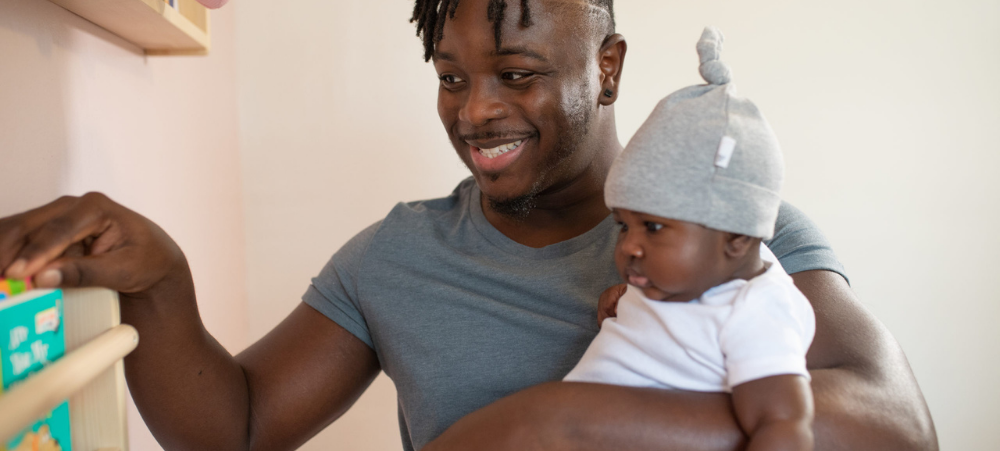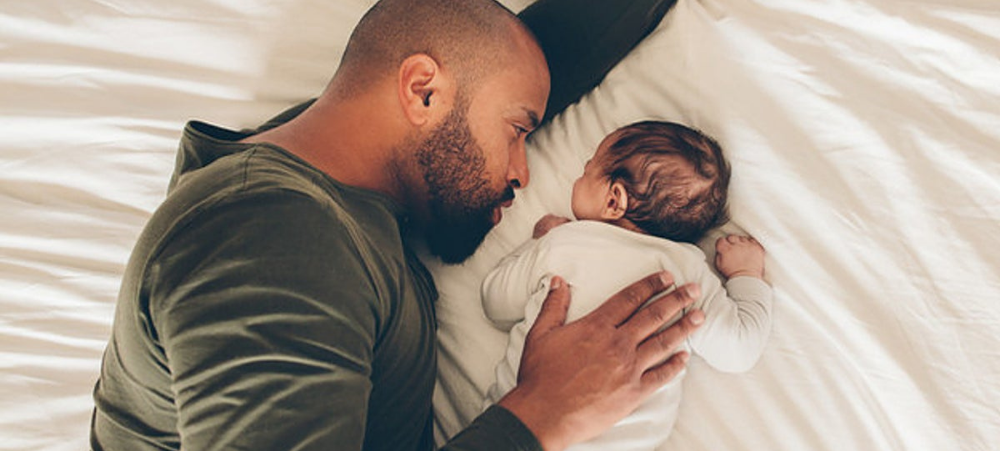The following information is to be used as a guide to and at the discretion of the end-user and should not replace a doctor’s opinion.
Circumcision care
Newborn circumcision is a surgery that removes the loose skin (foreskin) that covers the end of a baby boy’s penis. It may be done for various reasons and usually heals with 7-10 days. Follow the care instructions you were given by your baby’s doctor. Often times they will recommend that you use a small amount of petroleum jelly on the site at diaper changes to prevent irritation. Contact your baby’s doctor if you see blood or pus around the circumcision or if you smell an odour coming from the site.
Myths about newborns
The following are common myths about newborns:
- Myth: Don’t touch their “soft spots” – Truth: Known as the fontanels, these areas are a thick protective membrane, not your baby’s brain, so if you happen to touch them gently nothing bad will happen; as with all of your baby, handle that area with gentle loving care.
- Myth: Baby girls don’t have periods – Truth: Baby girls may have a “mini period” within the first few weeks of life which is the result of the stimulation of their uterus by Mom’s high estrogen levels. If you ever have questions about what’s happening with your baby, contact your doctor.
- Myth: Babies don’t get acne – Truth: Some newborns will develop acne due to circulating hormones from their mother between 2 weeks and 2 months of age; you don’t need acne creams, just cleanse the area gently.
- Myth: Babies have flat chests – Truth: Some babies may temporarily have swollen breasts due to their mothers circulating hormones; this can happen to boys and girls.
- Myth: Sneezing must mean my baby has a cold – Truth: Newborns have tiny noses and often have some congestion, so they may sneeze a lot at first; if they have thick, coloured mucus and are sneezing a lot then they may be developing a cold.
Never hesitate to contact your doctor if you are worried about what’s going on with your baby. No question is ever “dumb” if you are worried.
Bathing your newborn
Your baby doesn’t need a full bath every day, only 3-4 times a week.
When giving them a full bath make sure the water is warm, but not hot, by testing the temperature with your elbow – if it’s too hot for your elbow, it’s too hot for your baby.
Use mild bath soap made specifically for babies – harsh soaps may dry and irritate their skin. Always keep one hand on the baby while they are in the bathwater.
There are some parts of your baby that will need to be washed with mild soap every day, especially their face, chin, neck and bottom.
Do not use soap on their belly button (navel) or on a circumcision until it’s healed. Make sure the room you are in to bathe your baby is warm and free of drafts.
Every baby is different so don’t hesitate to talk with your baby’s doctor if you have any questions about caring for your newborn.
Healthy skin for newborns
You don’t need to use lotion or powder on your baby unless it’s been recommended by their doctor.
Don’t use fabric softener or bleach on their clothes as these can irritate their skin. Use mild detergent to wash their clothes, making sure to wash new clothing before you put it on the baby.
Be careful not to overdress your baby – if you are comfortable in a t-shirt and shorts, your baby will be fine in a t-shirt or short sleeved onesie and a diaper.
Diaper care for your newborn
Periodically check your baby’s diaper to see if it’s wet or soiled.
Change their diaper whenever one becomes wet or soiled.
When changing your baby’s diaper, wash their bottom with mild soap and warm water or use disposable baby wipes.
Be sure to wash your hands each time you finish changing a diaper.
Additional tips for care of newborn
For mouth care, wipe you baby’s gums daily with a clean damp washcloth or an infant toothbrush.
To prevent scratches, keep your baby’s finger and toenails cut short.
Remember that newborns sleep a lot – usually between 16-18 hours a day.
Make sure to schedule your baby’s first check-up as recommended by their doctor – it’s usually recommended between 2-4 weeks of age.
Umbilical cord care
Do not place the baby in bath water until after the umbilical cord stump has fallen off. Keep the umbilical cord stump clean and dry – if it becomes soiled you can clean it with a cotton ball, mild soap and water.
Umbilical cord stumps usually fall off about 2-4 weeks after birth – contact your baby’s doctor if this doesn’t happen.
If the umbilical cord stump turns red around the base, bleeds, develops coloured drainage or a bad odour contact your baby’s doctor right away since it could be a sign of an infection.
Contact your baby’s doctor if you have any questions or concerns about your baby’s umbilical cord stump.
Teething pain relief
The following information is to be used as a guide to and at the discretion of the end-user and should not replace a doctor’s opinion.
To help soothe the pain from teething give your baby a teething ring, a wet washcloth cooled down in the refrigerator, or feed him/her cold foods such as applesauce or yogurt.
You can also talk to your doctor about giving your baby acetaminophen (Tylenol) to ease the pain.
For 2025 we have a renewed Female Health Programme:In collaboration with CareWorks, it’s accessible to all female members aged 18 and above, with an emphasis on preventative care and early detection of female-specific health issues. In addition, we have an enhanced Maternity Programme to support expecting mothers. This includes early identification of and weekly engagement for high-risk pregnancies, post-childbirth care and associated mental health follow-up calls for new mums, given the prevalence of pre and postnatal depression. Also, milestone reminders for children under 3 and cover for antenatal vitamins through savings, day-to-day benefits or the Benefit Booster
Bonitas Medical Fund
0860 002 108
View Website: www.bonitas.co.za
- Putting together your birth plan - December 23, 2025
- Breastfeeding tips - December 15, 2025
- Mental health matters during the festive season: Let’s normalise getting help - December 11, 2025





